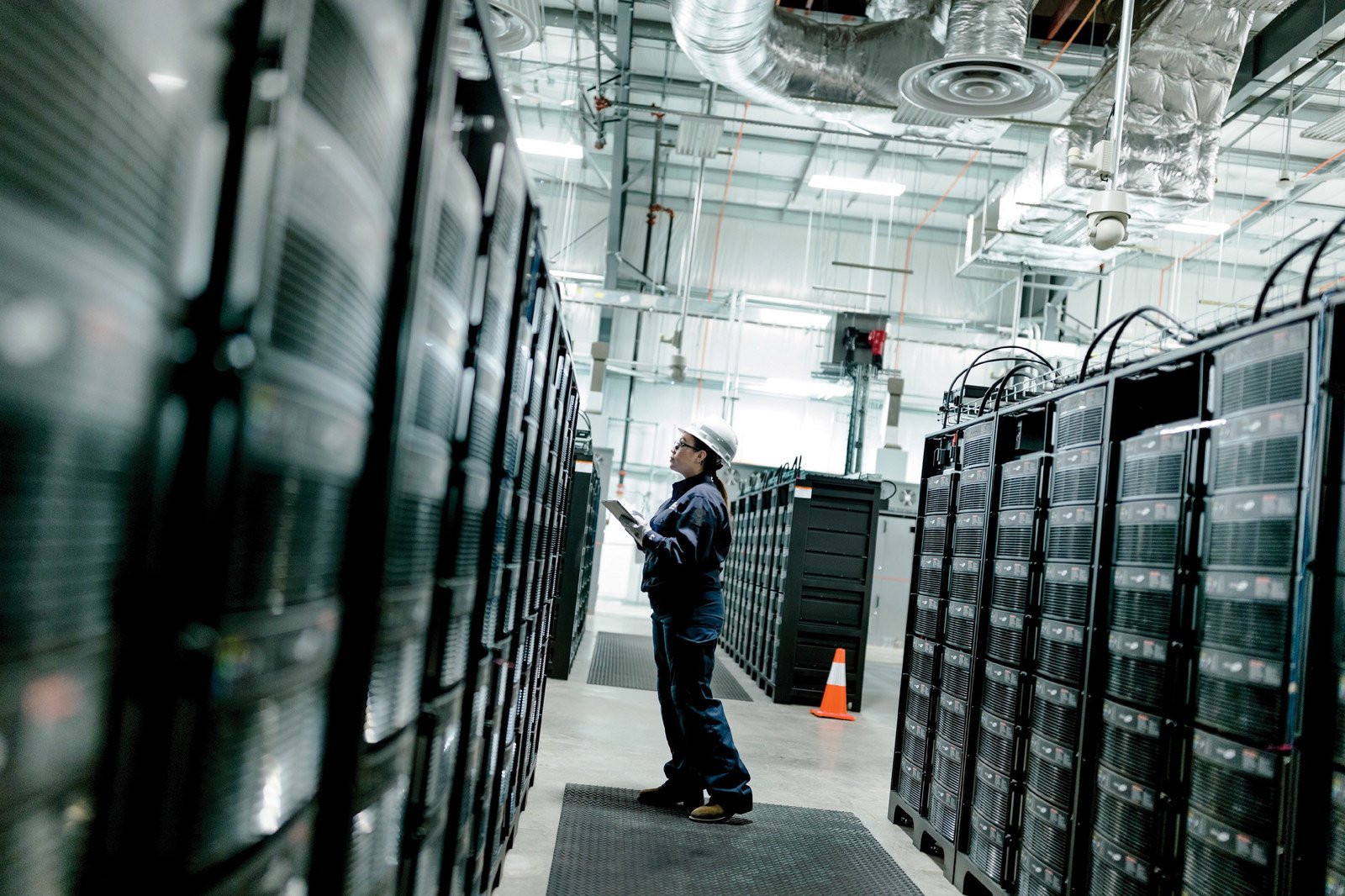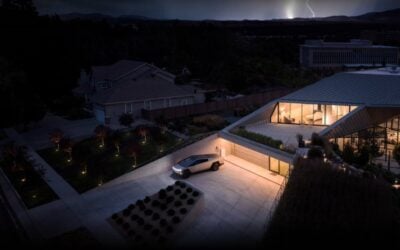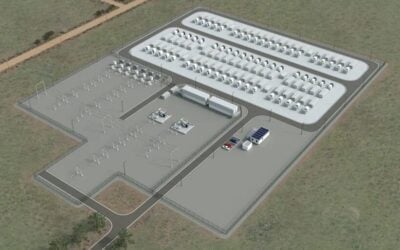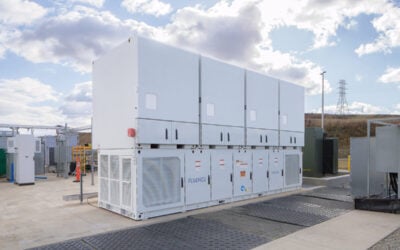
A legislative package for energy storage research and development (R&D) has been welcomed by the US Energy Storage Association, after receiving approval from the Senate Energy and Natural Resources Committee.
An amended version of the Better Energy Storage Technology (BEST) Act was last week approved by the committee after having been introduced in May alongside the Promoting Grid Storage Act of 2019 .
The BEST Act now forms a package of energy storage bills, including language from the Promoting Grid Storage Act of 2019, the Expanding Access to Sustainable Energy Act of 2019, the Reducing the Cost of Energy Storage Act of 2019 and the Joint Long-Term Storage Act of 2019.
Kelly Speakes-Backman, CEO of the US Energy Storage Association, lauded the approval as “another milestone on the path to a better and brighter energy future”.
Try Premium for just $1
- Full premium access for the first month at only $1
- Converts to an annual rate after 30 days unless cancelled
- Cancel anytime during the trial period
Premium Benefits
- Expert industry analysis and interviews
- Digital access to PV Tech Power journal
- Exclusive event discounts
Or get the full Premium subscription right away
Or continue reading this article for free
“Legislation approved today by the Senate Energy & Natural Resources Committee will for the first time elevate energy storage to one of the top priorities of US technology research, development, and demonstration.”
The BEST Act is set to amend the United States Energy Storage Competitiveness Act of 2007 to establish a research, development, and demonstration programme for grid-scale energy storage systems, and for other purposes.
The programme would have an aim of reducing the cost and extending the duration of energy storage systems.
Specifically, research would focus on highly flexible power systems with a minimum of six-hour storage durations, long duration storage systems with 10 to 100 hours of storage durations, seasonal energy storage that could reach durations of weeks or months and the integration of vehicle batteries with the grid, as well as other innovations.
The Department of Energy (DOE) would also be required to carry out up to five grid-scale energy storage demonstration projects by the end of fiscal year 2023, as well as to develop a ten-year strategic plan for energy storage RD&D.
The BEST Act also authorises US$60 million to be spent annually for grid-scale RD&D projects over the fiscal year 2020-2024 period.
Other provisions included in the BEST Act include:
- Establishing a joint programme between DOE and the Department of Defense for the demonstration of long-duration storage technologies.
- Creating a DOE programme to assist utilities with identifying, evaluating, planning, designing and developing processes for procuring storage.
- Establishing a prize competition at DOE for the recycling of energy storage materials such as lithium, cobalt, nickel and graphite.
- Requiring the Federal Energy Regulatory Commission (FERC) to conduct rulemaking to develop standard processes for utilities to recover storage system costs in FERC-regulated rates.
The BEST Act was introduced by Susan Collins, the Republican Senator of Maine, who said it will help advance storage technologies to improve the efficiency of the grid and align research efforts.
“Energy storage technology holds such great promise in the fight against climate change. Supporting current technology and advancing next-generation energy storage will allow us to integrate more renewables, such as wind and solar, which in turn will help to reduce emissions,” Collins continued.
The bipartisan package was authored by seventeen senators and now moves on to the full Senate.





